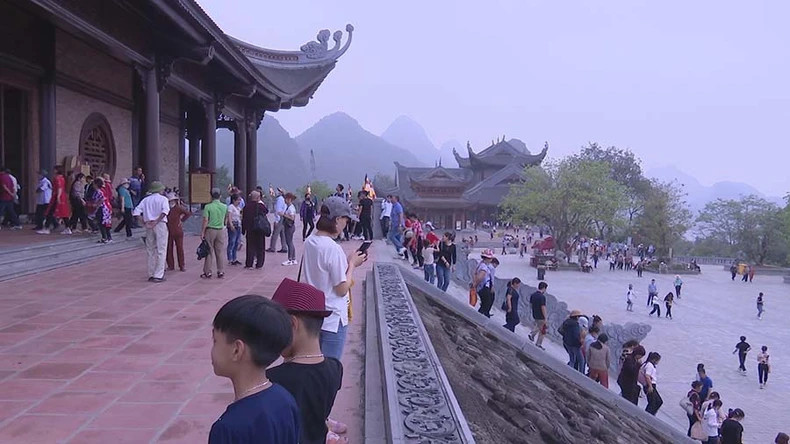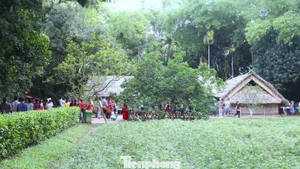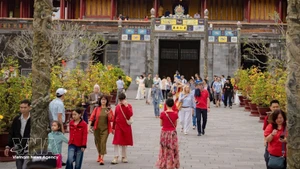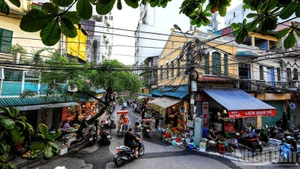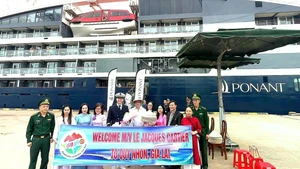Recognising its potential and advantages in tourism, Ha Nam has developed a Master Plan for Tourism Development until 2030, with a vision toward 2050, including plans for specific areas and tourist attractions. The province focuses on upgrading infrastructure in planned tourism areas while prioritising high-quality workforce training to enhance visitor experiences, viewing this as a key factor in determining the quality of tourism products.
Mai Thanh Chung, Director of Ha Nam’s Department of Culture, Sports, and Tourism, stated that the province aims to improve tourism products, promote sustainable and rapid tourism development, and make tourism a significant economic sector by 2030. Along with marketing efforts to promote attractions, festivals, and traditional craft villages, the Department has advised the province to attract investment in ecological tourism, resorts, hotels, commercial centres, and entertainment facilities to enhance services and retain visitors longer in Ha Nam.
Additionally, Ha Nam is developing a sufficient, high-quality, well-structured tourism workforce that aligns with national tourism standards. It aims to create a professional workforce with an appropriate demeanour to cater to diverse tourist markets. This is seen as a critical element in establishing Ha Nam’s tourism image and brand. By 2025, the province targets having over 75% of tourism staff trained in professional skills and ensuring all villages and communes with community-based tourism activities receive proper training.
Since 2023, Ha Nam tourism has seen significant breakthroughs, highlighted by the success of cultural, sports, and tourism events during the Ha Nam Culture and Tourism Week 2023, themed “Ha Nam - A Journey of Connection.” Key events included the Culture and Tourism Week opening ceremony and a traditional art exchange programme celebrating 50 years of Vietnam-Japan diplomatic relations.
The 2024 Ha Nam Tourism Investment Promotion Conference was also successfully organised and featured cultural, tourism, culinary, and entertainment exchanges, leaving a positive impression on visitors to the province.
In 2022, Ha Nam welcomed over 3 million tourists, exceeding its yearly plan by 119%, with estimated tourism revenue surpassing 2 trillion VND (121% of the yearly plan).
The province experienced further growth in 2023, receiving over 4.3 million visitors, a 38.87% increase from 2022, achieving 115% of its target. Tourism revenue reached an estimated 3.38 trillion VND, up 57.52% from 2022.
In the first nine months of 2024, Ha Nam attracted 4.2 million visitors (up 6.8% year-on-year), generating more than 3.2 trillion VND in revenue (a 6.6% increase compared to the same period in 2023).
The tourism workforce in Ha Nam has made significant progress, gradually meeting industry demands. However, the proportion of highly skilled labour in tourism remains low, and there is a shortage of high-quality personnel.
This challenge arises because Ha Nam lacks dedicated training institutions and vocational schools for tourism. Additionally, the province struggles to attract skilled workers due to uncompetitive salaries and working conditions.
To ensure sustainable tourism development aligned with its potential, Ha Nam plans to enhance the application of digital technology to promote its image and develop smart tourism initiatives, such as digital information systems for tourist attractions. It will also focus on improving tourism infrastructure, including hotels, restaurants, and entertainment areas while emphasising the training and development of a high-quality workforce as a key factor in delivering superior tourism products.
